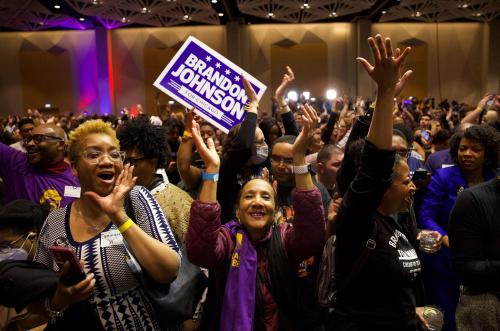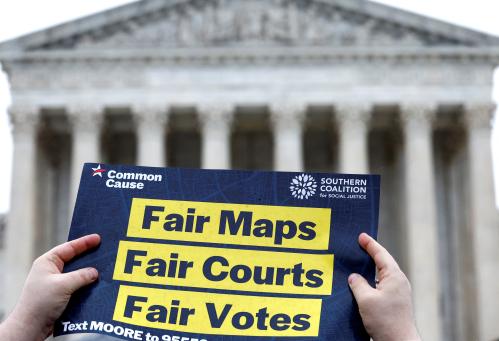With a larger-than-life presidential contest in its final days, it can be easy to gloss over the details of local issues like ballot initiatives and referenda. But we ignore them at our civic peril: while terms of office generally last two or four years, laws, ordinances, and charters have lives of their own, and they can determine or undermine for years to come our ability to get things done.
San Franciscans are in this spot right now. Four ballot propositions—D, H, L, and M—would remove appointment and management powers granted to the mayor under the city charter. The initiatives would also create new positions, including a public advocate, and split between the mayor and the separately elected Board of Supervisors the power to make appointments to key departments. The budget independence of the San Francisco Municipal Transportation Agency, the agency in charge of streets, parking, and the Muni public transit system, would be circumscribed by making it easier for the Board of Supervisors to veto budget proposals.
Why does this matter? The total effect of these measures, should they pass, will be to add layers of complexity to government operations. While more checks and balances are not always a bad thing, the costs and benefits of such rules should be carefully weighed and the policy objectives should be made clear.
A nonpartisan group in the Bay Area undertook this assessment, and it recommends that voters say no. SPUR, a nonprofit research, education, and advocacy organization that works to promote better planning and governance, opposes all four measures on the grounds that they would significantly weaken accountability and transparency of the policy process and undo governance reforms that currently hold the mayor responsible for the functioning of government and quality of life in San Francisco.
Brookings’ ongoing research into the formal powers of mayors and the significance of charter change suggests an emerging consensus among academics and policymakers that clear lines of accountability and transparency in executive decision making are essential for cities, whether in a mayor-council setting like San Francisco’s or in a council-manager setting like San Antonio’s. Limiting an elected leader’s ability to hire, appoint, and develop budgets makes an already tough job harder. It makes the voter’s job harder too: with such fragmented responsibility, it is nearly impossible to know where to lay praise or blame for policy outcomes.
“Political grudges are the worst reason to permanently alter the City Charter to reduce the power of all future mayors.”
While governance reform is an ongoing necessity in complex bureaucracies, individual charter amendments can be politically motivated and may not always be the best way to accomplish coherent institutional change. San Francisco’s charter was overhauled in 1995—the first full revision since 1932—through a lengthy and systematic process. This, SPUR says, is how it should be done, “inclusively and comprehensively, informed by a set of principles” rather than measure by measure. “Political grudges are the worst reason to permanently alter the City Charter to reduce the power of all future mayors.” A similar critique can be made of the failed charter amendment effort in Baltimore earlier this year, where attempts to remove mayoral powers had their origins in a political and budgetary dispute with members of the City Council.
In democracies, information is power. Unfortunately, local elections in general and direct democracy measures in particular suffer from a lack of clear and widespread information about the merits of candidates and proposals. This shortcoming almost certainly contributes to low voter engagement and turnout, which means important local governance decisions can be made by relatively few people. There is no national data source that tracks proposed and enacted changes to municipal charters, and more research is needed to understand how formal powers of mayors affect the cities they lead.
Locally focused organizations like SPUR can play an important role in improving public awareness about policies that affect city governance. We need more of what they offer: a better understanding of what our city leaders do and how they do it, so that when we go to the polls, the choices we make to reform our cities are the right ones.


Commentary
On Nov. 8, don’t forget the deep down ballot
November 1, 2016